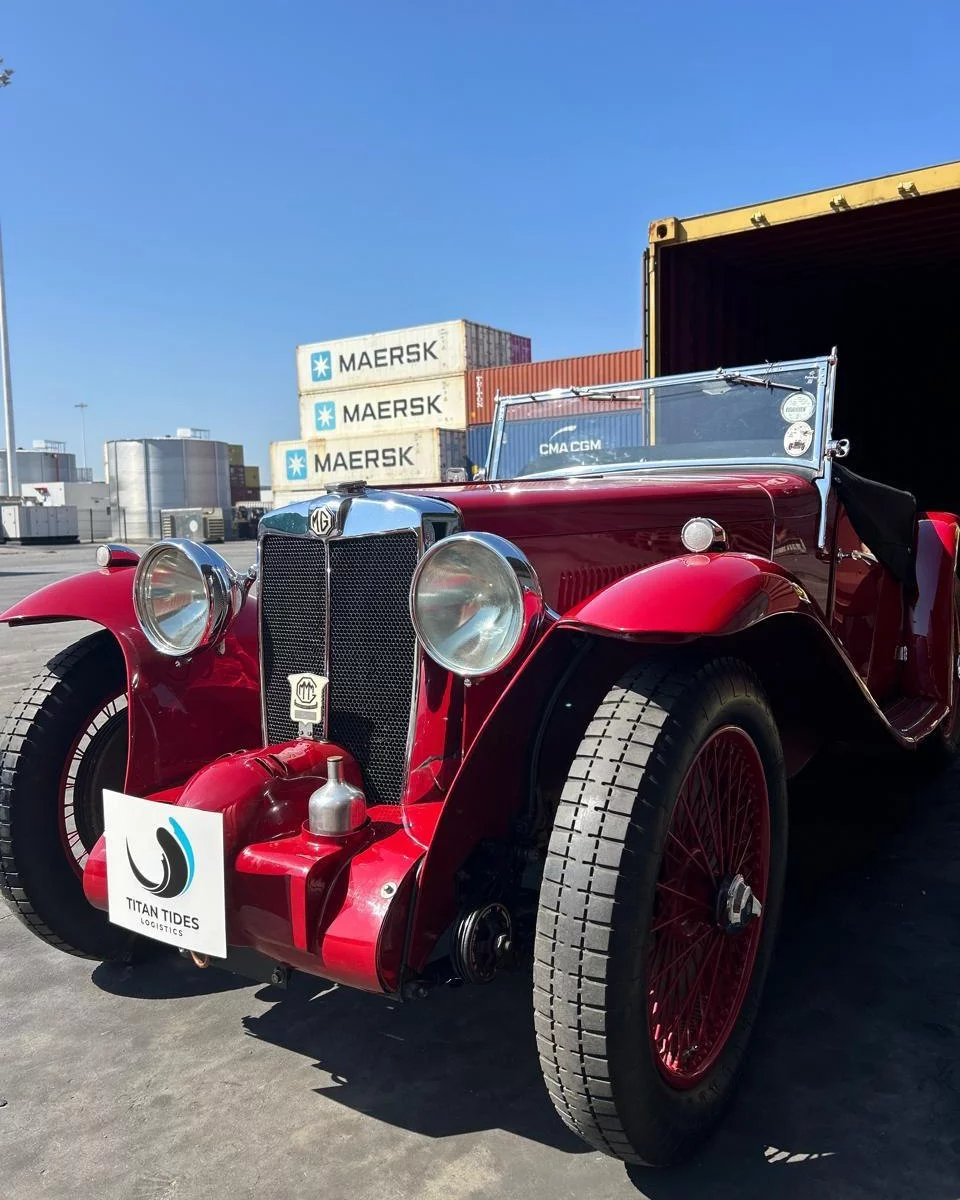In the global freight forwarding industry, women occupy fewer than 2% of senior leadership roles — a statistic that has remained stubbornly steady despite years of discussion about diversity. Yet change is gaining momentum, with some of the most compelling examples emerging far from traditional industry hubs, writes Hailey Dreyer of White Cat Studios.
In Cape Town, South Africa, two entrepreneurs are proving that freight forwarding can be both technically precise and human-centered. Co-founders of Titan Tides Taylor Marais and Lorraine Candy have built a reputation for navigating complex trade requirements with precision — while also challenging the perception that logistics must be impersonal or dominated by large corporates.
An Industry in Transition
Freight forwarding thrives on predictability — yet operates where unpredictability is the norm. Geopolitical shifts, port congestion, evolving trade regulations, and climate-related disruptions are part of daily reality for importers and exporters. In South Africa alone, the logistics sector is valued at over R480 billion and grows more complex each year.

Against this backdrop, Marais (above) and Candy (below) are part of a growing group of leaders pushing for operational models that value transparency as much as efficiency. Their approach emphasizes direct client access to decision-makers, agile responses to unforeseen challenges, and a willingness to take on projects that fall outside the volume thresholds of larger forwarders.

Balancing Scale with Service
While many operations focus resources on multinational accounts, smaller businesses, collectors, and individuals often struggle to find expert guidance. Marais and Candy have positioned themselves to fill that gap. They point to the benefits of an “owner-led” model, where senior leaders remain hands-on from planning through delivery. It’s more demanding, but it creates accountability and responsiveness rarely matched by segmented corporate structures.
The Women’s Month Perspective
In a male-dominated sector, visibility matters. Leadership teams like Marais and Candy’s not only contribute operational expertise but also help shift perceptions of who can lead in logistics. This is significant for young women entering the industry, who often lack relatable role models in senior roles.
Their journey reflects a broader truth: diversity in leadership isn’t just representation; it shapes problem-solving, client relationships, and talent development. In logistics — where flexibility and foresight are critical — diversity can be a competitive advantage.
Navigating the Future of Trade
Looking ahead, the co-founders highlight key priorities for the sector:
• Regulatory Harmonisation: Disparate customs systems and inconsistent application of regulations create delays and cost overruns.
• Technology Integration: Real-time visibility tools and predictive analytics are now essential for proactive risk management.
• Sustainability: From packaging to route planning, environmental considerations will shape the next decade.
For Marais and Candy, meeting these challenges requires innovation and discipline. “It’s about building scalable systems without losing the human connection,” they note. “You can’t automate trust — it comes from delivering on your promises, shipment after shipment.”
A Broader Lesson for the Industry
As global supply chains become more interdependent and exposed to disruption, resilience isn’t built on volume alone. It is built on adaptability, knowledge, and maintaining relationships through volatile conditions.
The example set in Cape Town illustrates a model applicable globally: combining operational excellence with direct, transparent engagement. It’s a reminder that freight forwarding is not only about moving goods but also about enabling trade relationships to thrive across borders and through uncertainty.
For an industry seeking to attract new talent, adapt to rapid change, and rebuild trust in a post-pandemic trade environment, stories like this offer more than inspiration — they point to practical pathways for doing things differently.
